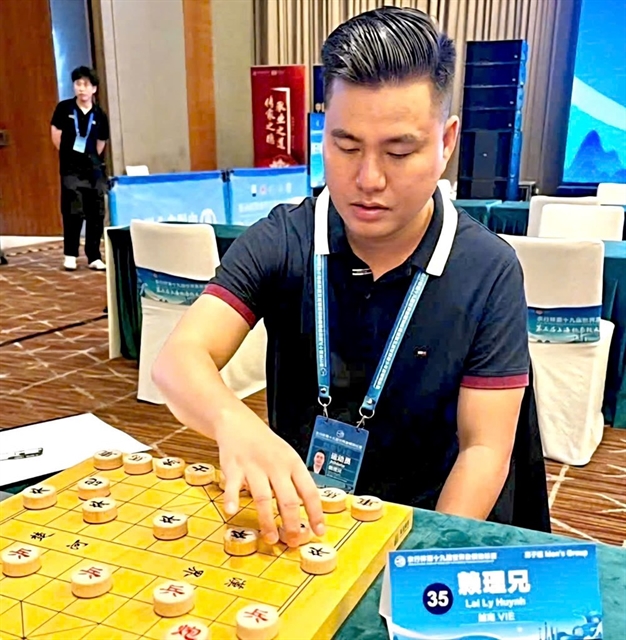 Media-OutReach Newswire
Media-OutReach Newswire

TAIPEI, TAIWAN - Media OutReach - 20 June 2020 - The 2020 Tang Prize in Sinology was awarded to renowned historian Wang Gungwu "for his trailblazing and dissecting insights on the history of the Chinese world order, Chinese overseas, and Chinese migratory experience. As the leading scholar on Sino-Southeast Asian historical relations, he developed a unique approach to understanding China by scrutinizing its long and complex relation with its southern neighbors. His erudition and critical discernment have significantly enriched the explanation of the Chinese people's changing place in the world, traditionally developed from an internalist perspective or in relation to the West."
Born in Surabaya in the Dutch East Indies (today's Indonesia) in 1930 to Chinese parents, Prof. Wang grew up and received education in British Malaya, and later pursued advanced studies in London, where he got a PhD degree from SOAS, the University of London in 1957. His subsequent academic appointments brought him to Singapore, Malaysia, Hong Kong, Australia and the United States. He was president of the University of Hong Kong from 1986 to 1995, a visiting fellow at Oxford's All Souls College, a Rockefeller visiting fellow at the University of London and recipient of Commander of the Order of the British Empire in 1991. Currently, he is university professor at the National University of Singapore.
Spending much of his life immersed in different cultures gives Prof. Wang diverse personae as a scholar. He is an "insider" in the academic tradition of Chinese Confucianism and British elite education, and an "outsider" in the interpretation of China's perception of the world. "What drew me to that subject (Chinese overseas) was what China meant to the world outside, especially to those Chinese who had left the country and settled abroad," so remarked Prof. Wang in his memoir, Home Is Not Here. His original approach to understanding China from the southern perspective is in part a natural choice given his personal experience. This same experience provided him with abundant inspiration in his formative years as he matured into an authoritative voice in the analysis of China's worldview.
The terms "Chinese overseas" or "Chinese immigrants" refer to words such as hua qiao (Chinese expatriates) commonly seen in Chinese-language newspapers. The word qiao is defined as people who lodge in places or countries other than their ethnic origin. Qiao first appeared in Wei Shu (The Book of Wei) and Jin Shu (The Book of Jin), written during the period of China's Six Dynasties, and referred to sojourning in a foreign land. However, when reality forced Chinese migrants to extend their stay, their sojourn turned into long or even permanent residence, and what changed was their sense of identity. Enlightened by his family and educational background, Prof. Wang knows too well that the development of an identification is more an emotional process than a rational decision. In addition, because one's identity implicates one's psychological state, it can undergo a transformation whenever one's circumstances change. Therefore, there is never a clear-cut answer when it comes to identity. Prof. Wang, taking advantage of his western academic training, is able to look beyond dichotomous concepts. Instead, he explores the concepts by tracing the history of qiao and eventually came up with the idea known as "Chinese overseas."
His many books, written with first-hand life experience and erudition on Southeast Asian history as well as sophisticated analysis of the role of the Chinese in the region past and present, are now classics in the field. Among dozens of pioneering works he has published, there are A Short History of the Nanyang Chinese (1959), The Structure of Power in North China During the Five Dynasties (1963), The Chinese Overseas: From Earthbound China to the Quest for Autonomy (2000), and Renewal: The Chinese State and the New Global History (2013).
Prof. Wang's research is an integration of a variety of histories, including the history of Chinese overseas, of China's relation with the outside world, of Southeast Asia, and of commerce and maritime history. Examining shifting world orders with a sophisticated mind is what puts him in the vanguard of Chinese overseas studies. Prof. Kuo-Tung Chen, research fellow of the Institute of History and Philology, Academia Sinica, pointed out that Prof. Wang's academic achievements are characterized by his ability to "look at the big picture, reference the present with the past, and put forward his original views," which has allowed him to develop a panoramic view of the history of China and of the Chinese overseas. Together with Prof. Yu Ying-Shih, inaugural Tang Prize laureate in Sinology and academician at Academia Sinica, Prof. Wang is also widely recognized among the top living authorities on Chinese history.
Established by Taiwanese entrepreneur Dr. Samuel Yin, the biannual Tang Prize consists of four categories, namely Sustainable Development, Biopharmaceutical Science, Sinology and Rule of Law, with NT$40 million (approx. US$1.33 million) in cash and a research grant of NT$10 million (approx. US$0.33 million) allocated to each category. It aims to promote the interaction and cooperation between cultural and technological research so as to find a 21st century path to the sustainable development of the world. For more information, please visit the prize's official website at https://www.tang-prize.org/en/first.php
Dr. Samuel Yin, chairman of Ruentex Group, foundedthe Tang Prize in December of 2012 as an extension of the supreme value hisfamily placed on education. Harkening back to the golden age of the TangDynasty in Chinese history, the Tang Prize seeks to be an inspiring force forpeople working in all corners of the world. For more information on the TangPrize and its laureates, please visit www.tang-prize.org